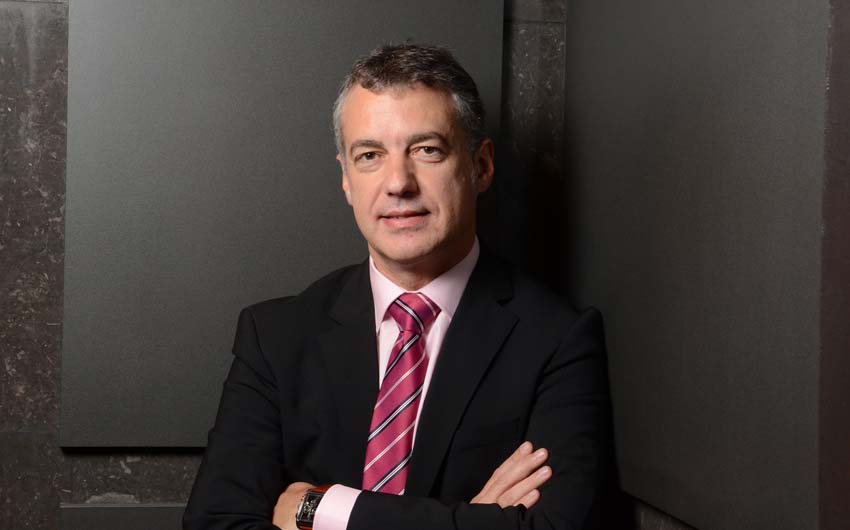Urkullu’s trip will take place during the last week of October and the first week of November. He will be accompanied by the Minister of Economic Development and Infrastructure, Arantxa Tapia. Coincidently, NABO, the North American Federation of Basque entities that is comprised of Basque clubs in both the US and Canada is also celebrating its fall meeting, next week, in Montreal. During his visit, Urkullu will also meet with the local Basque club and community in Montreal. Article published today in Deia.
Humberto Unzueta/ Bilbao, Bizkaia. The Basque Government hopes to include the Canadian federation in its network of strategic allies. Lehendakari Iñigo Urkullu will lead a delegation from the Basque Government to Quebec to hopefully close institutional, economic, and cultural agreements of collaborations with the Canadian Federation. The delegation will leave at the end of October and will return during the first week of the November.
The Basque Government’s intention is to incorporate Quebec in the network of regions of strategic alliances, a club that already includes Aquitania, Bavaria and Flanders in Europe, Jiangsu in China, Querétaro in México and Cundinamarca in Colombia. It will be the first time that the Basque official visits the province. Quebec is one of the ten provinces that, along with the three territories, is part of the thirteen federal entities in Canada. Its capital, of the same name, Quebec, is the largest city in Montreal.
The delegation will seek strategic alliances in different areas including consolidating and deepening its bilateral relations and develop joint projects of cooperation in areas of mutual interest. But the trip will also have a large economic component, since it will create bridges to strengthen business relationships in both countries. The Minister of Economic Development and Infrastructure, Arantxa Tapia, will also have a relevant role in the delegation since besides accompanying Basque companies with interests in Quebec, she will also promote institutional agreements to support relationships between Euskadi and this Francophone province of Canada whose population will surpass 8 million inhabitants.
This trip takes place barely four weeks after the referendum on October 1st in Catalonia. Along with Scotland, Quebec is one of the models of an agreed referendum invoked repeatedly by Lehendakari Urkullu. In Quebec, there have been two consultations on the question in the last fifteen years. The first took place in 1980, and didn’t gain enough votes for independence, but he referendum in 1995, the opposite occurred and they won by 50,000 votes (50.5% of the votes) by the Sovereigntists Quebecois (49.5%) in a vote in which more than 90% of the registered voters participated. In response to the last referendum, the Canadian Parliament approved the law known as the “Clarity Act” in 2000 that lays down the conditions in which the Canadian Government could enter into negotiations with federations to open a process of secession after a referendum.
Referendum
The content of the Clarity Act was based on the question to the Canadian Supreme Court by the federal Government of Prime Minister Jean Chretien in 1998. The court determined that Quebec “doesn’t have the right to secede unilaterally under the Canadian or international law. However, Canada’s Government would have to enter into negotiations with the Government of Quebec if the Quebecois would express a clear desire to secede.”
In May of 2015, Lehendakari Urkullu held his first meeting with authorities in Quebec. This took place in Paris at the Delegation of Quebec, where he met with Philippe Couillard, the prime minister at that time.
(Published 09-28-2017 in Deia)






 Send to a friend
Send to a friend Add comment
Add comment








